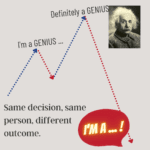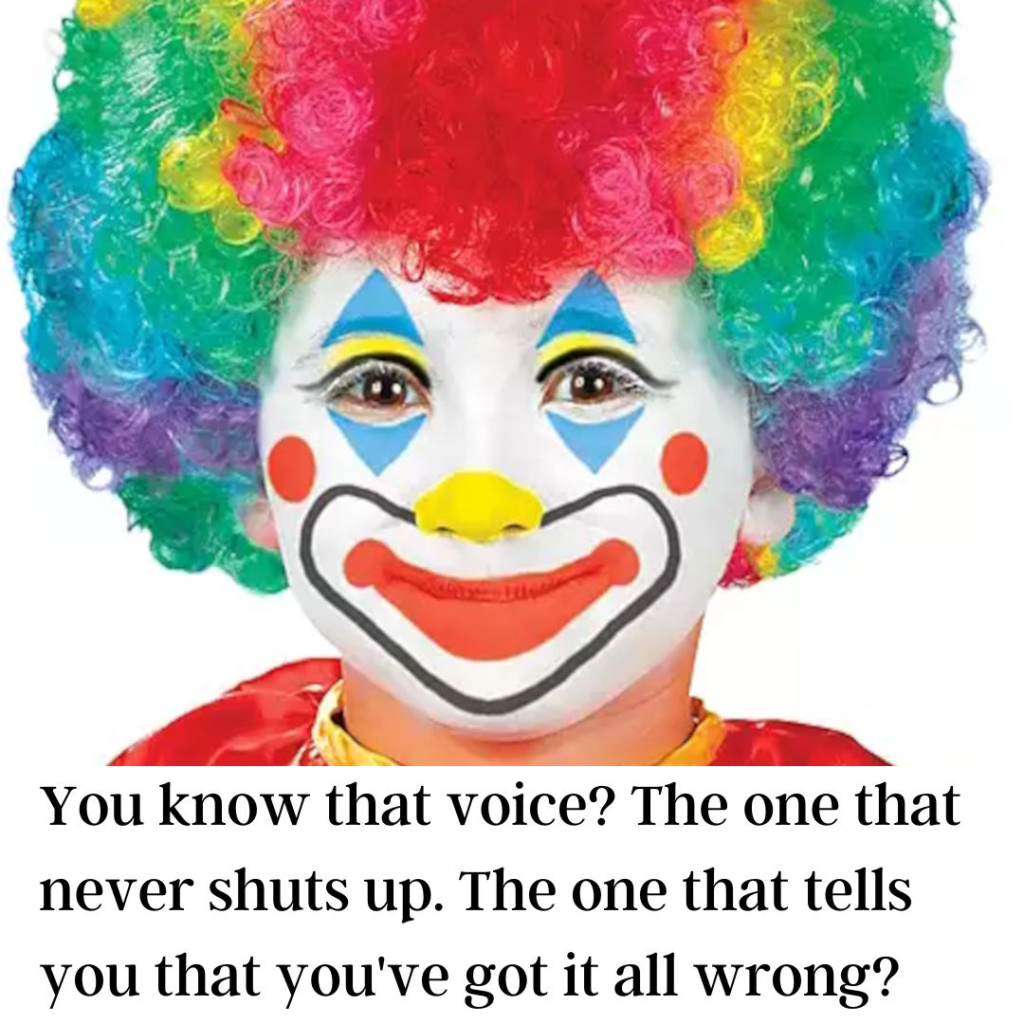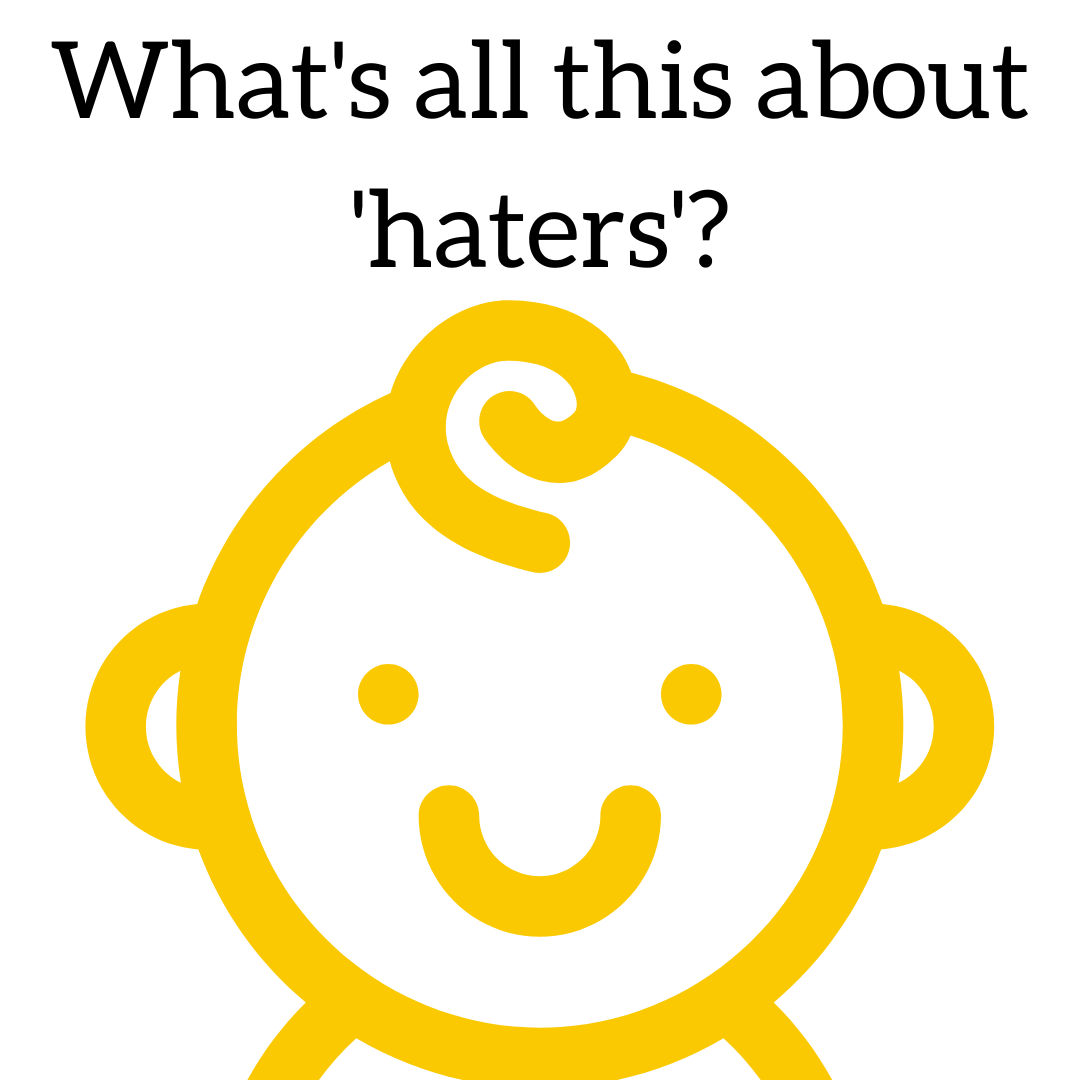
I am fifty-five. I Think That’s a Good Thing.
29 May 2022
From Pride to Shame: One Decision, Different Outcome.
31 May 2022
If that voice inside your head could do what it claims to do,
it wouldn’t have to repeat itself.
And repeat itself it does.
It plays some pretty smart games to convince you that it’s telling something interesting and useful. It can even persuade you it has something new to say. It doesn’t.
So what is it doing in there, and what does it want from you?
What’s it got to do with clowns?
A client told me that a couple of days ago, she had met with a friend, and they spent some enjoyable time together, nurturing a growing friendship. But the café they went to was awful, embarrassingly awful, and my client was the one who chose it.
“Now I can’t stop thinking about it and how stupid I must have looked, I cringe every time I think of that place and the disgusting coffee, the dirty loos and factory-made cakes”, she told me.
‘It makes no sense,’ she said. ‘It doesn’t matter at all, but I can’t forget about how I got things wrong and how humiliated I felt.’
Most of us know this experience. The context might appear to be trivial like the one above, or it could be a job interview, a life-changing meeting or an interaction with a loved one.
The event is over, and it didn’t go as you had hoped. That is bad enough, but then your mind gets hold of it and berates you, on and on, for all that you did wrong.
Why do these thoughts get stuck on a loop?
Minds create emotion to make you do things. It doesn’t give a rat’s arse about your happiness. Emotion exists to make you go towards what is healthy and rewarding, and to move you away from what is harmful. But the programming is full of bugs, short circuits and crossed wires.
In our example here, it’s attempting to do two things for our client:
– Make her behave better and get it right next time
– Make her behave better two days ago
The first one is unlikely to be effective. Like most people, my client doesn’t respond well to relentless criticism. The second one is impossible.
In short, this voice is nonsensical. It’s a like an unfunny comedy clown.
It tells you (relentlessly) to do things that are impossible. When it does have something useful to say, it does it so badly that it’s messages aren’t effective.
But the important part of this is how do we stop these troubling thoughts?
This is possible, and easier than you might think.
Rapid Resolution Therapy (The Institute for Rapid Resolution Therapy, Inc.) deactivates that voice, and it does so with humour, connection and creativity. It’s the most unusual and life-affirming form of therapy you are ever likely to experience.
DM me if you’d like to find out more.
Sally



